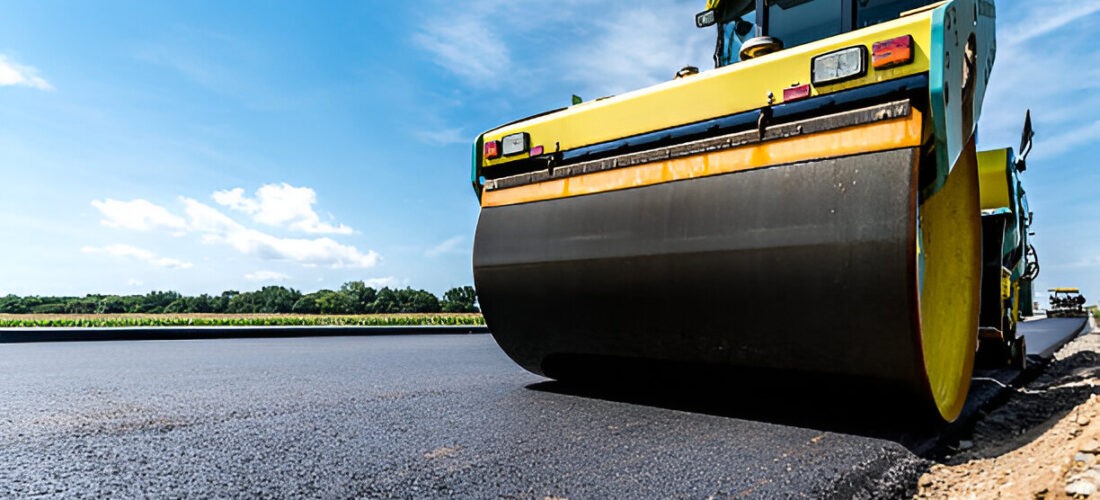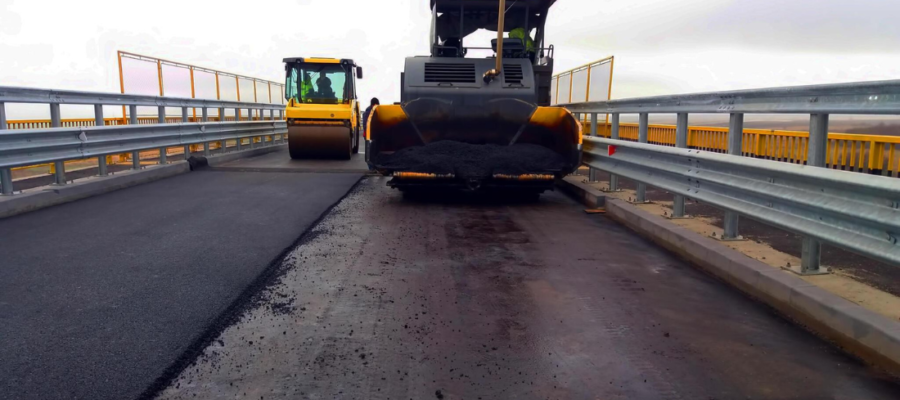
Potholes, the bane of drivers and pedestrians alike, have long plagued the roads of urban India. Especially during the monsoon season, these craters seem to multiply, causing accidents, vehicle damage, and traffic disruptions. However, a game-changing solution has emerged in the form of cold mix asphalt, revolutionizing the way potholes are repaired and paving the way for smoother, safer roads across urban India.
Cold mix asphalt represents a paradigm shift in pothole repair technology. Unlike traditional hot mix asphalt, which requires heating before application, cold mix asphalt can be used at ambient temperatures, eliminating the need for specialized equipment and reducing the time and resources required for repairs. This versatility and ease of use make cold mix asphalt an ideal solution for addressing potholes quickly and efficiently, minimizing disruptions to traffic flow and enhancing overall road safety.
One of the key advantages of cold mix asphalt is its durability. Despite its name, cold mix asphalt exhibits excellent performance characteristics, withstanding the diverse weather conditions experienced in urban India, from scorching summers to torrential monsoon rains. This durability ensures that pothole repairs remain intact for an extended period, reducing the need for frequent re-repairs and saving valuable resources for municipal authorities.
Moreover, cold mix asphalt offers significant cost savings compared to traditional pothole repair methods. Its ease of application and long-lasting performance translate into lower maintenance costs over time, allowing municipal authorities to allocate their budgets more efficiently and effectively. By investing in cold mix asphalt technology, cities across urban India can achieve substantial returns on their infrastructure investments while delivering smoother, safer roads for residents and visitors alike.
In addition to its practical benefits, cold mix asphalt also offers environmental advantages. The production process for cold mix asphalt generates fewer emissions and consumes less energy than traditional hot mix asphalt, making it a more sustainable choice for road maintenance activities. Furthermore, the ability to perform repairs at ambient temperatures reduces fuel consumption and greenhouse gas emissions associated with heating asphalt, further minimizing the environmental impact of pothole repair operations.
Cold mix asphalt’s versatility extends beyond its application in pothole repairs. It can also be used for a wide range of road maintenance activities, including crack sealing, surface treatments, and pavement preservation. This flexibility allows municipal authorities to maximize the utility of cold mix asphalt technology, optimizing their road maintenance efforts and extending the lifespan of their infrastructure assets.
In conclusion, cold mix asphalt is revolutionizing pothole repairs in urban India, offering a cost-effective, efficient, and durable solution to this persistent road maintenance challenge. Its ease of application, durability, cost-effectiveness, and environmental benefits make it an ideal choice for cities looking to improve their road networks and enhance overall road safety. As urbanization continues to accelerate and infrastructure demands grow, cold mix asphalt is poised to play an increasingly vital role in shaping the future of India’s urban landscape.
- May 23, 2024
- By: admin
- Category:Cold asphalt suppliers, Cold Mix Pothole Patching
- no comments
- Tags: Bitumen Emulsion Manufacturing Company
Related Posts




